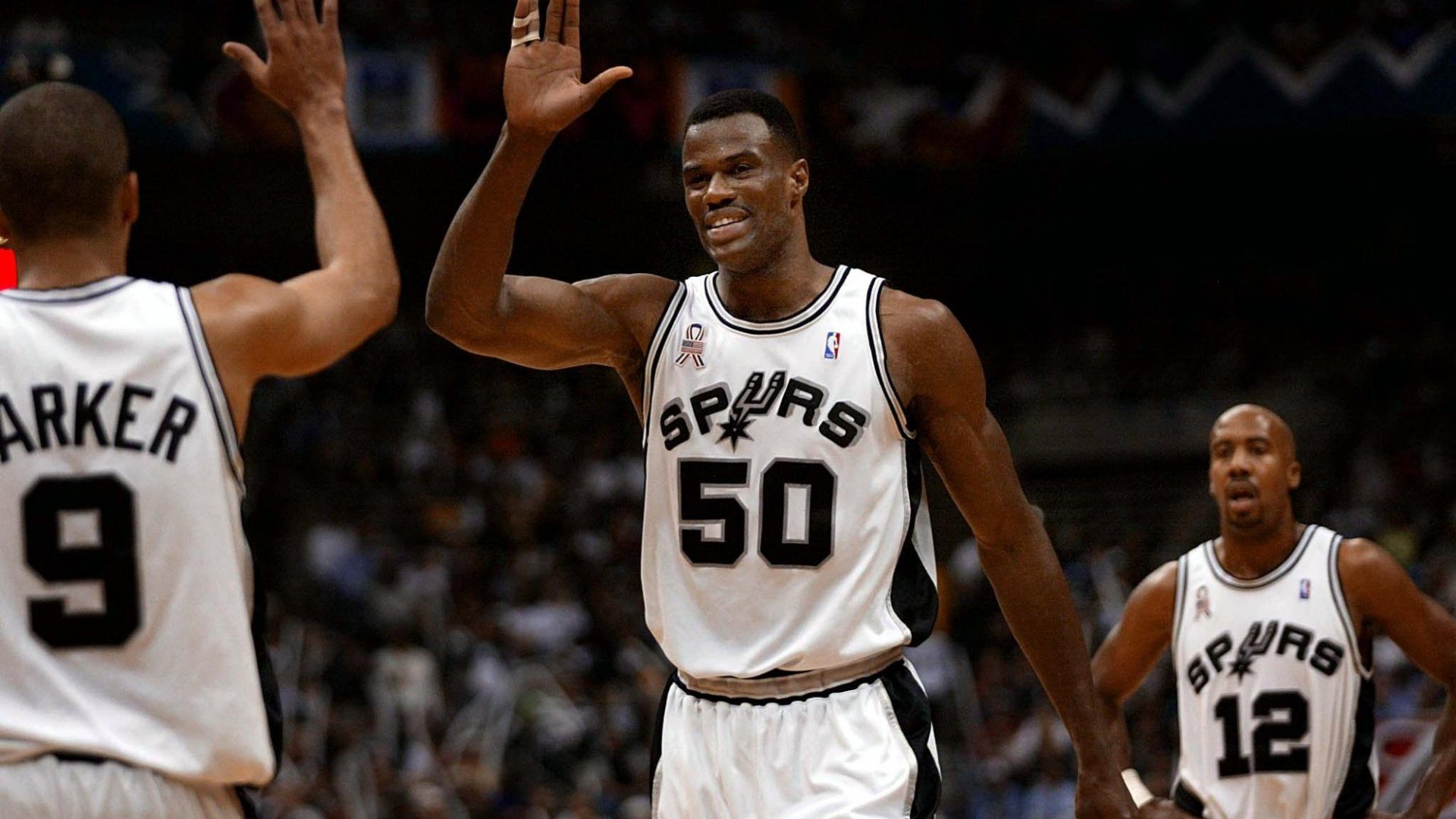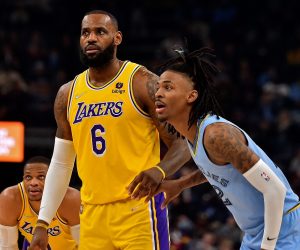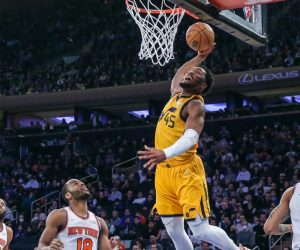Texas billionaire Michael Dell and the investment firm Sixth Street are the newest members of the San Antonio Spurs ownership group. Their combined 30 percent stake allowed other minority owners to cash out of their profitable Spurs investment.

According to Forbes, the San Antonio Spurs franchise is worth $1.85 billion. While the team’s early investors benefited on paper, the lofty valuation made it harder for them to cash out. Earlier this year, sky-high franchise price tags prompted the NBA to revise its ownership rules.
The new NBA ownership rules allow investment funds to own up to 20 percent of a team. That change paved the way for the Spurs ownership shuffle.
Dell unlikely to meddle in Spurs
Dell and Sixth Street reportedly bought a combined 30 percent stake in the Spurs. As a result, a number of minority owners were able to cash out, including the last of the team’s original investors. According to the San Antonio Express-News, the Spurs started the season with 22 investors and are now down to nine.
Fewer owners with larger stakes, however, can create problems. For instance, large minority owners may feel entitled to meddle, especially if a team is struggling.
Lately, the Spurs have languished. The team’s 22-year streak for making the playoffs ended in 2020. This year, they lost the nine-ten play-in game to the Grizzlies. But neither Michael Dell or Sixth Street seem inclined to disrupt the Spurs operation.
In the Moneyball era, it’s always good to have a technology juggernaut like Dell Technologies at your beck and call. But Dell’s not the type who’ll complain about strategy from the Spurs courtside. Mainly, he’s just seems happy to be part of the franchise.
Super excited #GoSpursGo https://t.co/mdb0UpNwWw
— Michael Dell (@MichaelDell) June 18, 2021
Likewise, Sixth Street should be a hands-off owner. Sixth Street has a reputation of providing capital, not meddlesome advice, to its existing portfolio of companies.
Meanwhile, the Spurs made it a little harder for investors to interfere in team ops. On June 18, the Spurs promoted Peter M. Holt from chairman to managing partner. That officially gives Holt authority over the team. But control isn’t the only issue associated with team management changes.
Spurs won’t leave Alamo City anytime soon
Changes in team ownership tend to fuel relocation speculation. Just ask Alex Rodriguez and Marc Lore. Their pending deal to buy Glen Taylor’s stake in Minnesota’s NBA and WNBA teams hit a snag over the potential for relocation. Although Taylor promised there would be provision preventing a move, the agreement failed to include one. That didn’t sit right with T-Wolves minority owner Meyer Orbach, who filed a lawsuit last month.
Relocation fears may explain why Michael Dell repeatedly mentioned the Spur’s hometown in his remarks.
“As a Texan and as someone who appreciates how unique a culture of excellence is — in sports or in any organization — I have tremendous respect for the record the Spurs have established in San Antonio over many years.” Dell added, “It is our goal to serve as true stewards of the franchise going forward.”
There is also a relocation penalty associated with the Spurs current venue. The Spurs lease the AT&T Center from the county. The lease runs through 2032 and includes a relocation penalty fee. While the fee lessens over time, it would cost over $130 million for the team to move this season.











